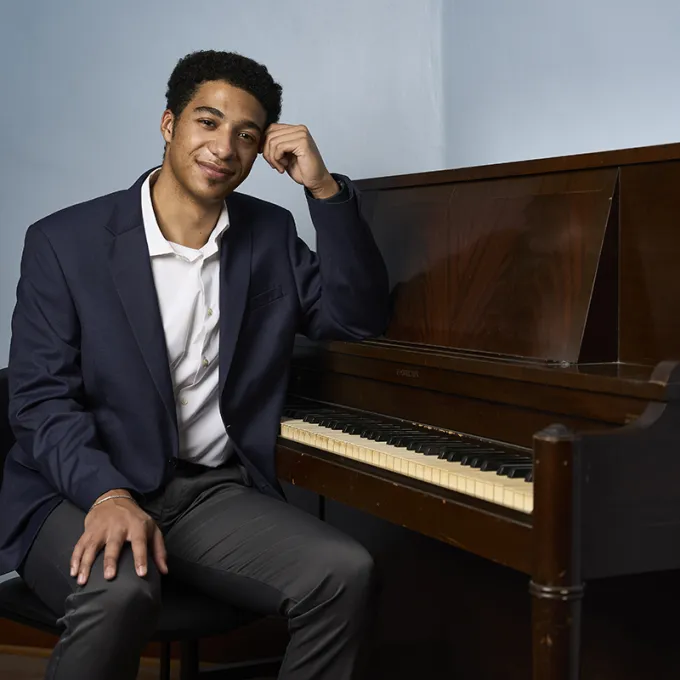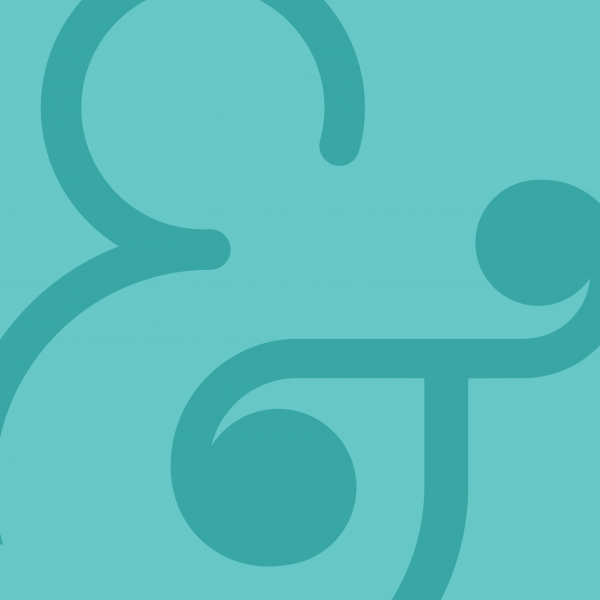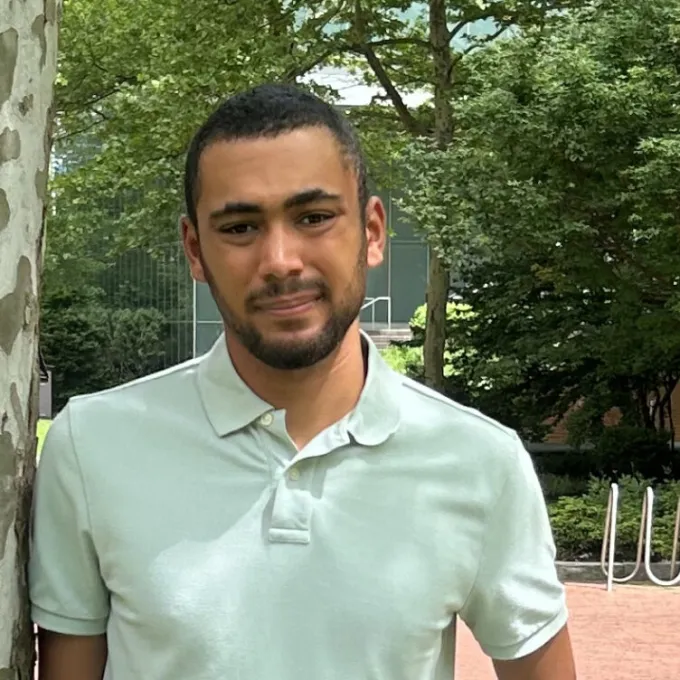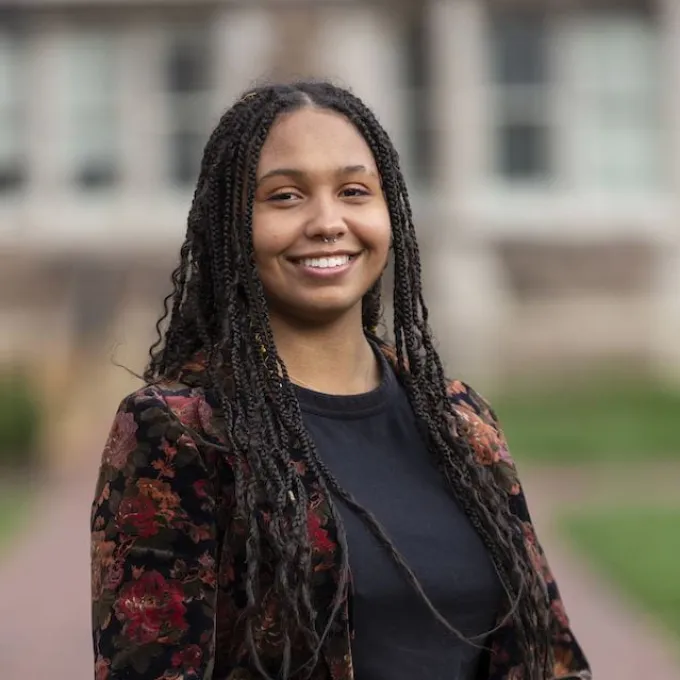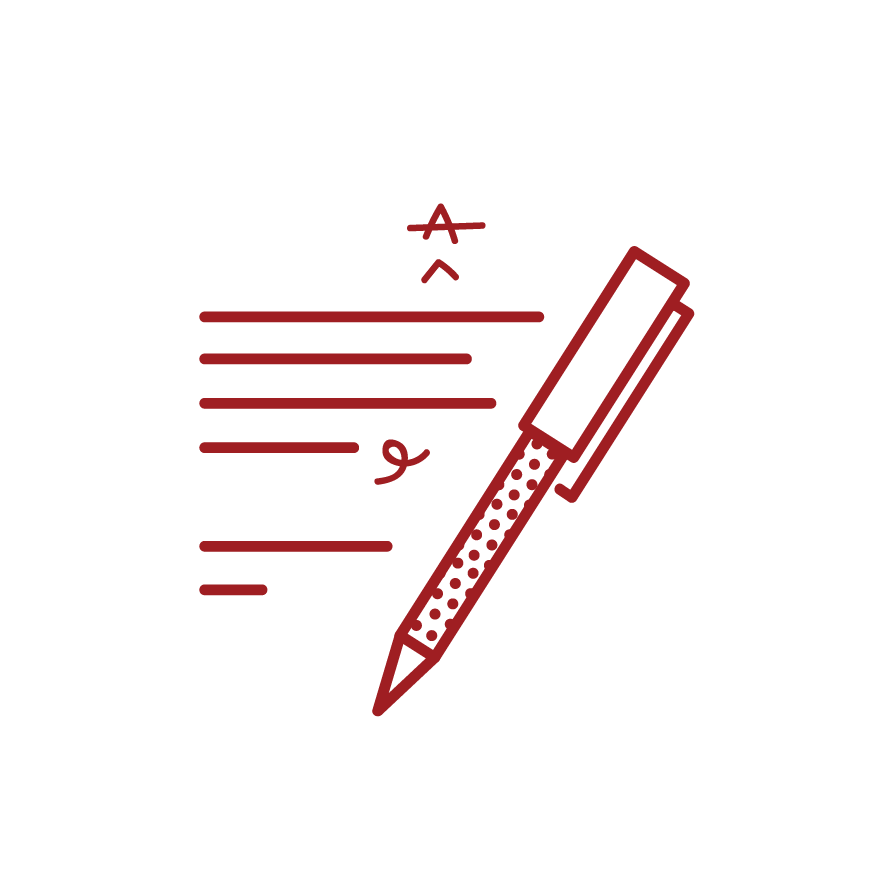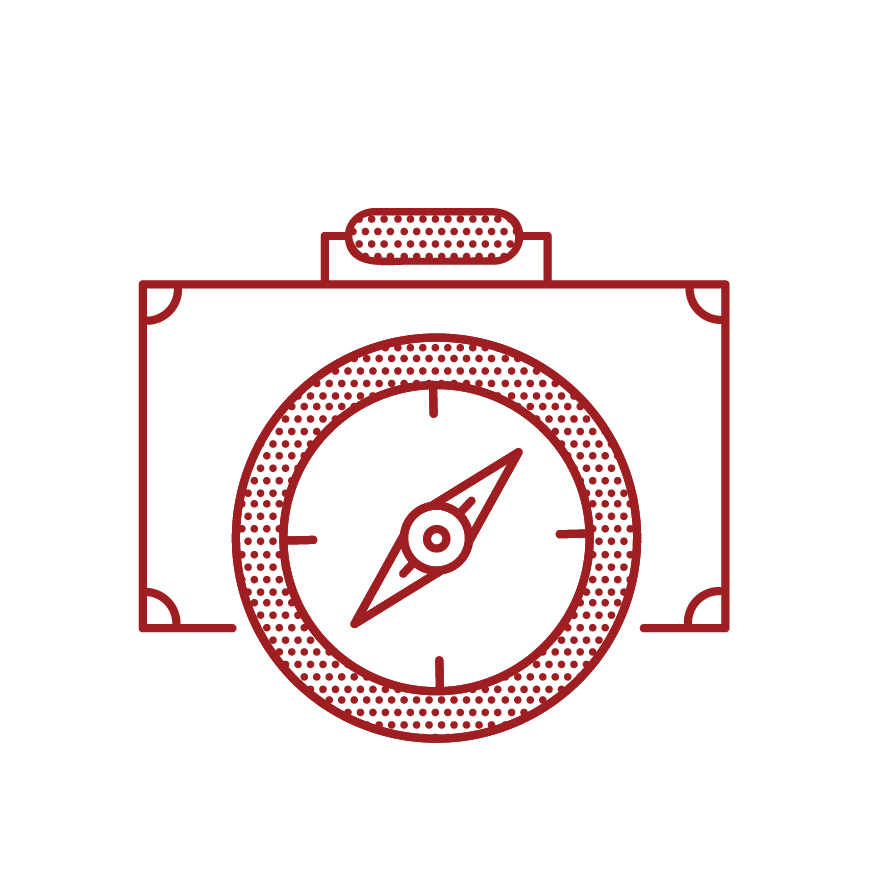Applying for Fellowships
A strong application is made up of some or all of the following: essays, references, transcripts, CV/resume, and interviews. In our office, we also have a little slogan: Winners read websites. Almost everything you need to know about a scholarship or fellowship, from your eligibility to the timeline, but also the expectations and implicit considerations of a foundation can be found on their websites. Read carefully and thoroughly!
When you have decided to apply for an award that requires WashU endorsement, submit the Intent to Apply form to be added to our mailing list for the award(s). If you are interested in an award with an open application, you are encouraged to meet with an advisor for guidance and/or feedback on your materials. Students and alumni are welcome to schedule an appointment to meet with an advisor to discuss scholarships and fellowships at any stage in the application process.

